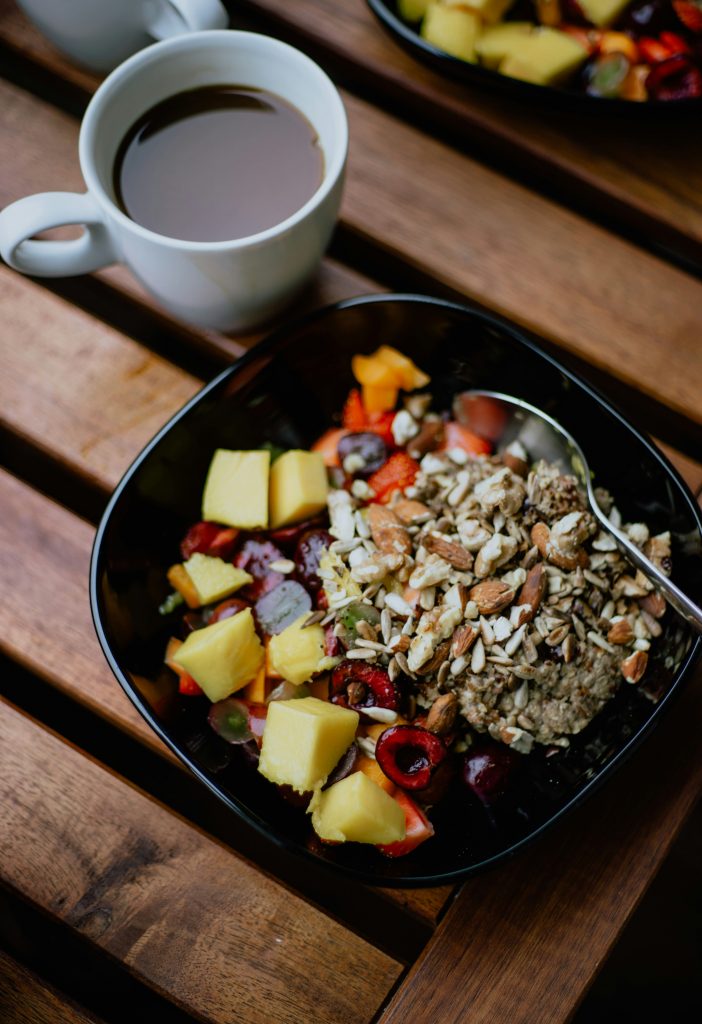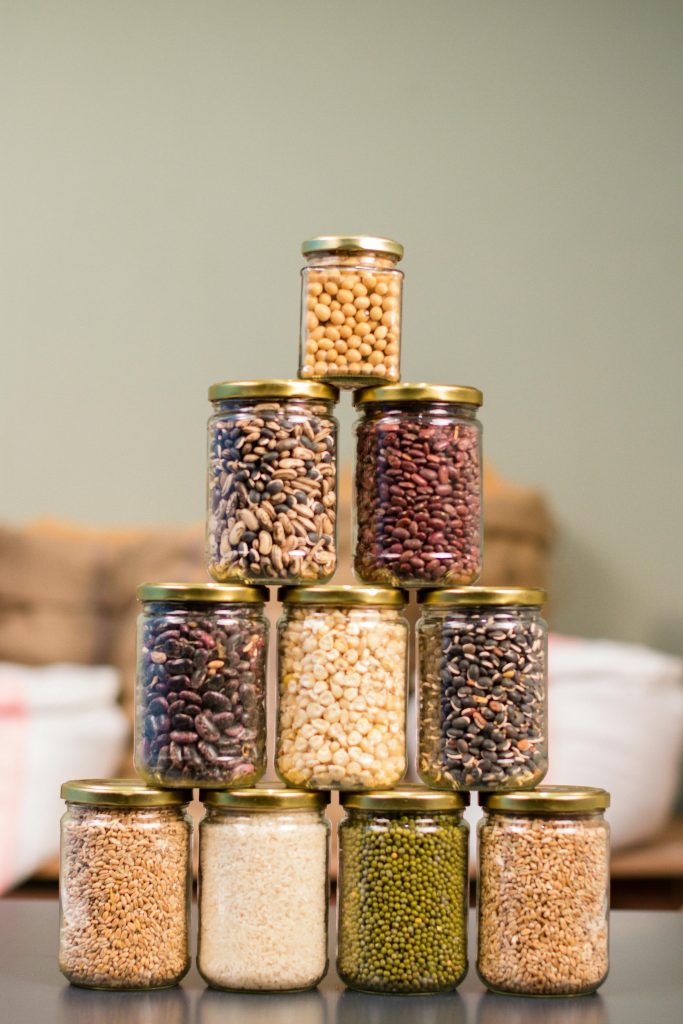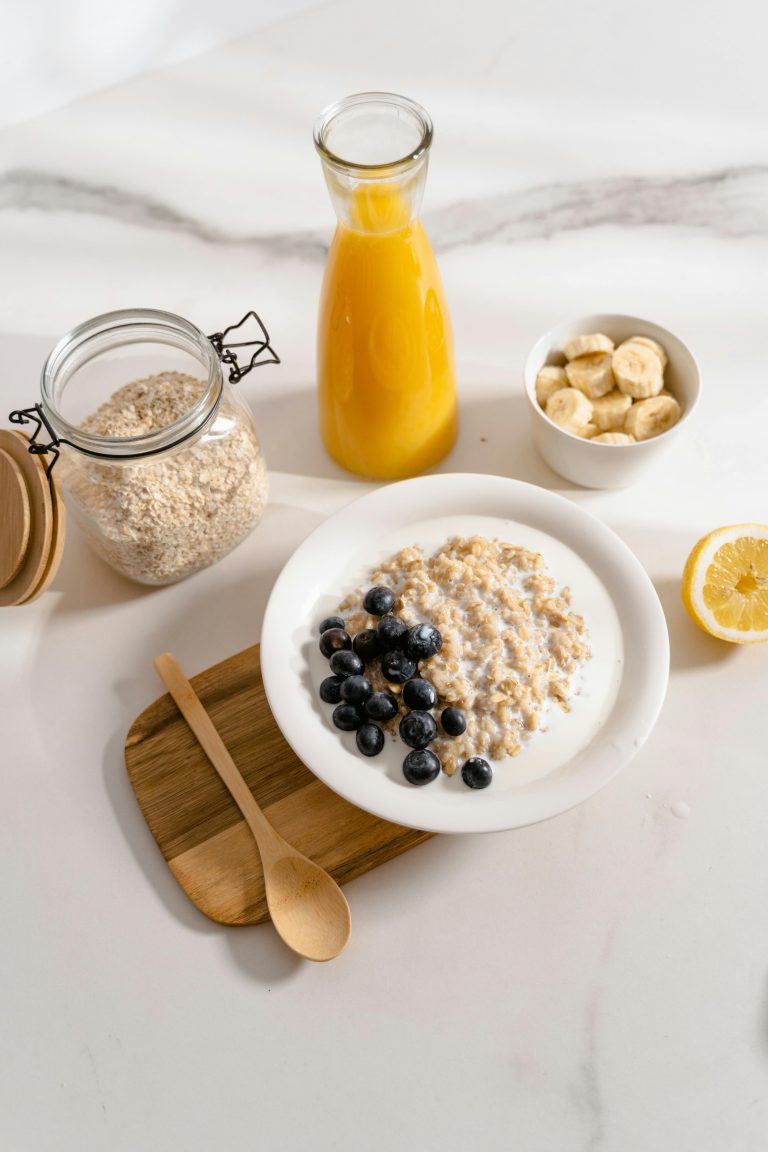When it comes to maintaining a healthy heart, dietary fiber is important. Not only does it keep things moving smoothly in the digestive tract, but it also plays an essential role in supporting heart health.
Understanding how fiber works and how to easily add more of it to your meals can be a game-changer for your overall health. According to an article published by Harvard Health, the notion that a diet rich in fiber, particularly from whole-grain foods, could prevent heart disease risk dates back to the 1970s. Evidence to support that idea has been piling up ever since.
What is dietary fiber?
Dietary fiber is a type of carbohydrate found in plant-based foods like fruits, vegetables, whole grains, and legumes. Unlike other carbs, fiber is not digested by your body. Instead, it passes through your digestive system mostly intact, helping regulate various bodily functions along the way. Fiber is a carbohydrate that your body can’t break down.
There are two main types of fiber: soluble and insoluble, both of which are essential for good health.
Soluble fiber
Dissolves in water to form a gel-like substance in your digestive tract. This type of fiber helps lower cholesterol levels and regulate blood sugar. Foods like oats, beans, apples, and carrots are great sources of soluble fiber.

Insoluble fiber
While insoluble fiber adds bulk to your stool and helps food pass more quickly through your digestive system. It’s particularly beneficial for preventing constipation and supporting digestive health. Foods like whole wheat, brown rice, and nuts are rich in insoluble fiber.
How fiber supports heart health
Fiber has long been recognised as a key player in heart health, thanks to its ability to reduce the risk of heart disease in several ways:
Lowers cholesterol levels
Soluble fiber, in particular, binds to cholesterol in the digestive system, preventing its absorption into the bloodstream. This can help lower overall cholesterol levels, especially LDL or ‘bad’ cholesterol, which is linked to heart disease.
Regulates blood sugar levels
Fiber helps slow the absorption of sugar, which can improve blood sugar levels and prevent insulin spikes. This is especially important for managing diabetes, a condition closely tied to heart health.

Helps maintain a healthy weight
High-fiber foods tend to be more filling, which can help you control your appetite and maintain a healthy weight. Obesity is a major risk factor for heart disease, so keeping your weight in check with fiber-rich foods is a simple and effective strategy.
Reduces blood pressure
Some studies have shown that a diet rich in fiber may also help lower blood pressure, another significant contributor to heart disease.
Tips on adding more fiber to your meals
Increasing your fiber intake doesn’t have to be difficult. With a few small adjustments, you can easily get more fiber into your daily routine. Here are some simple tips:
Start your day with whole grains: Swap out your usual breakfast cereal or white bread for whole-grain options like oatmeal, whole-wheat toast, or a fiber-rich cereal. Whole grains provide both soluble and insoluble fiber, giving you a healthy start to the day.
Add more fruits and vegetables: Aim to fill at least half your plate with fruits and vegetables at each meal. Choose high-fiber options like berries, apples, pears, broccoli, carrots, and leafy greens. Snack on raw veggies or a handful of berries for a quick fiber boost.

Go for legumes: Beans, lentils, and chickpeas are fiber powerhouses. Add them to soups, stews, salads, or even tacos to increase your fiber intake. If you’re short on time, canned beans are a convenient and affordable option—just rinse them to reduce sodium.

Choose whole grains over refined grains: Make simple swaps in your diet by choosing whole wheat bread instead of white bread, brown rice instead of white rice, and whole wheat pasta instead of regular pasta. These small changes can significantly increase your fiber intake.
Snack smart: Nuts, seeds, and popcorn are all great sources of fiber. Instead of reaching for chips or other processed snacks, go for a small handful of almonds, sunflower seeds, or air-popped popcorn for a heart-healthy option.

Don’t forget the skins: When eating fruits and vegetables, keep the skins on whenever possible. The skin is often where most of the fiber is found, especially in foods like apples, pears, and potatoes.
A fiber-rich lifestyle for a healthier heart
Increasing your fiber intake is a simple yet effective way to improve your heart health. Fiber can help you achieve your goals of lowering your cholesterol, managing your blood sugar, and maintaining a healthy weight. With a few simple changes and some forethought, you can enjoy a heart-healthy diet that is both gratifying and tasty.
ALSO SEE: 5 EASY TIPS TO KEEP THAT HEART HEALTHY BALANCE
Feature image: Pexels

